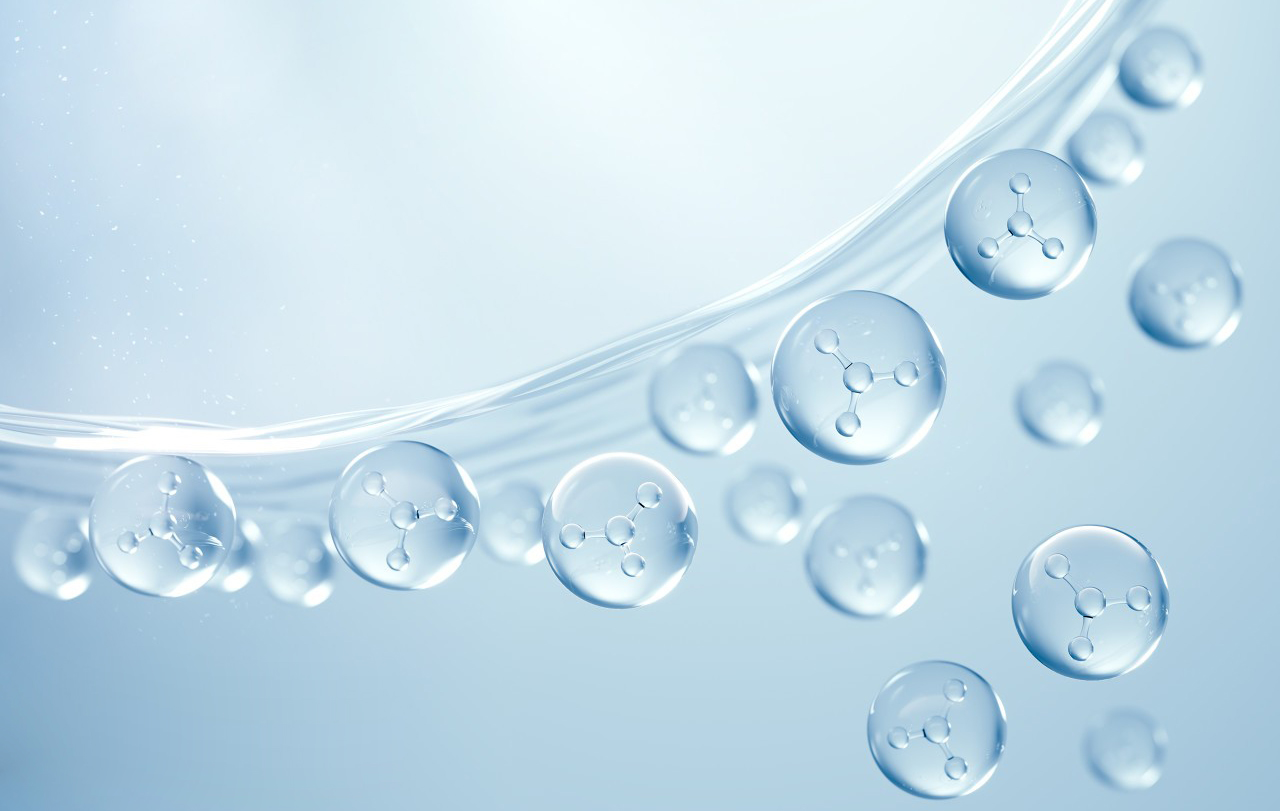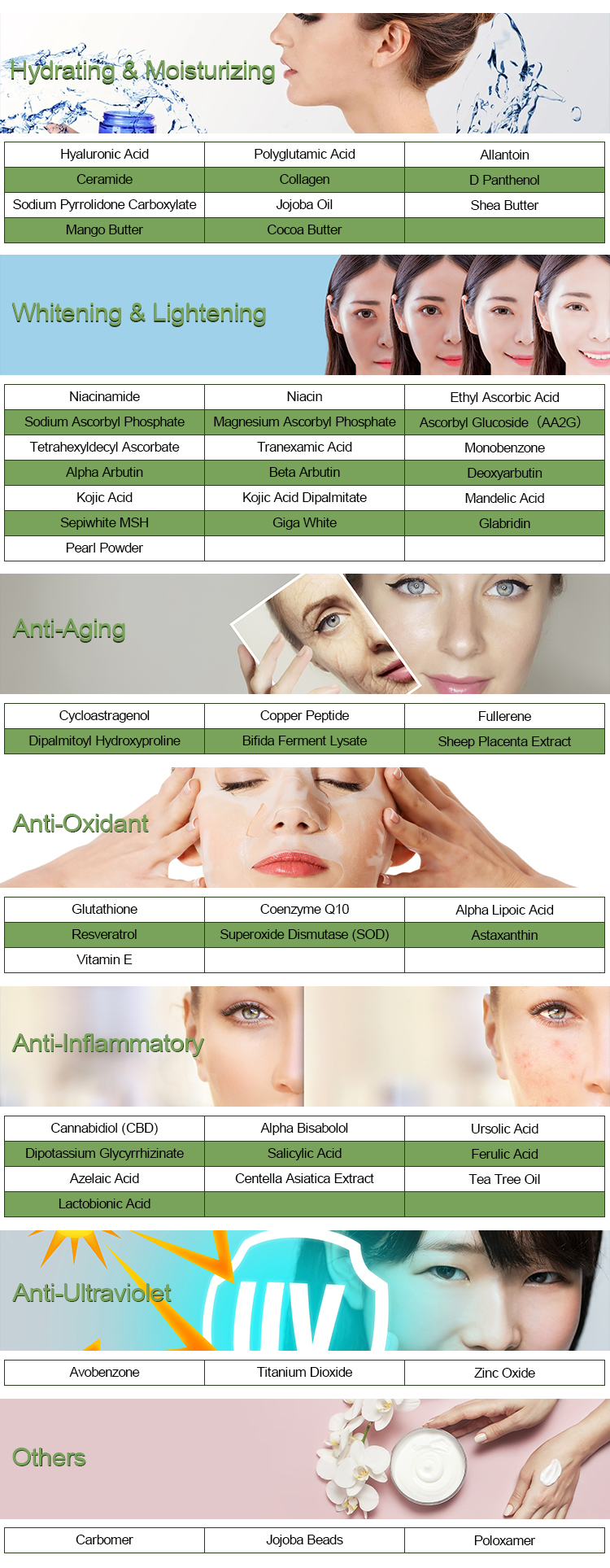Sericin is a protein that is naturally found in silk, and it has gained attention for its potential benefits in various applications, including cosmetics, skincare, and medicine. Here are some of the pros and cons of sericin:
Pros of Sericin:
Hydrating and Moisturizing: Sericin has natural humectant properties, which means it can attract and retain moisture. This makes it a valuable ingredient in skincare products, as it can help hydrate and moisturize the skin.
Antioxidant Properties: Sericin contains antioxidant compounds, such as sericin peptides, which can help protect the skin from oxidative stress and free radical damage. This can lead to anti-aging benefits and may promote skin health.

Biocompatibility: Sericin is biocompatible, meaning it is generally well-tolerated by the skin. It is less likely to cause allergic reactions or irritations, making it suitable for sensitive skin.
Wound Healing: Some research suggests that sericin may promote wound healing due to its ability to enhance collagen production and cell proliferation.
Hair Care: Sericin can be used in hair care products to improve the texture and condition of hair, making it shinier and smoother.
Cons of Sericin:
Limited Scientific Evidence: While sericin shows promise in various applications, including skincare and wound healing, the scientific research on its efficacy is still relatively limited. More studies are needed to establish its benefits conclusively.
Cost: Obtaining sericin can be costly, particularly when it’s extracted from silk. This may limit its use in some products and make them more expensive.
Potential Allergies: While sericin is generally well-tolerated, some individuals may still have allergic reactions or sensitivities to it. It’s essential to perform patch tests when using products containing sericin, especially if you have sensitive skin.

Sustainability: The extraction of sericin from silk can raise sustainability concerns. The process involves boiling silkworm cocoons, which may be seen as problematic from an ethical and ecological standpoint.
Limited Application: Sericin’s applications are primarily in the beauty and cosmetic industry, which means it may not have as broad a range of uses as some other substances.
In conclusion, sericin offers several potential benefits, especially in skincare and hair care, but its full range of advantages and limitations is still being explored through ongoing research. If you’re considering products containing sericin, it’s essential to check for any allergies or sensitivities and consider the sustainability of the sourcing method used.
